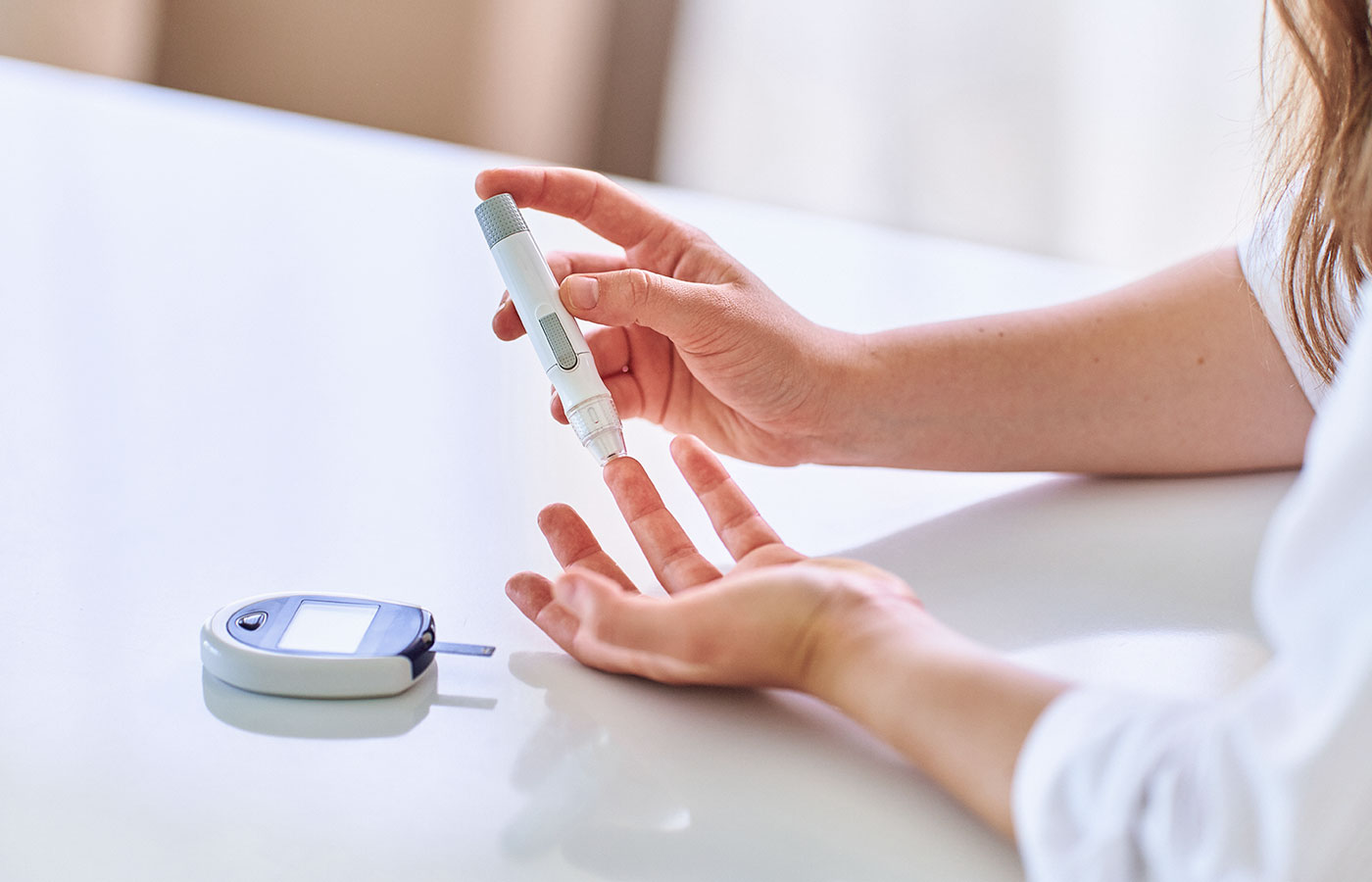Most people know that insulin is linked to blood sugar levels and that too much or too little is associated with type 1 and type 2 diabetes (which are very different illnesses). Yet, that’s often where people’s understanding ends.
Insulin, which is made in the pancreas, is a type of growth hormone—hence its capacity to drive energy storage – both glucose (as glycogen) and fat. This is vital and helpful, however in excess can become a problem. We make insulin when we eat and it helps to transport energy to our cells by communicating to them to open up and absorb the nutrients available in our bloodstream. Carbohydrates elicit the most significant production, while protein drives a small amount. The insulin produced when you consume protein is usually offset by another hormone that protein elicits, called glucagon, which acts in the opposite way to insulin.
Insulin and carbohydrates
When you consume carbohydrates, whether they are starchy or sweet carbs, they are broken down into glucose. Typical sources of carbohydrates in the modern diet include bread, pasta, rice, all types of potatoes and the other starchy vegetables (including pumpkin and corn), fruit, dairy products, lollies/sweets, cakes, biscuits, pastries, honey, maple syrup and sugar. I encourage people to consume carbohydrates from real food, whole food sources such as root vegetables and wholegrains, such as a brown rice.
Glucose from the carbohydrates ends up in your blood stream, and your body identifies that blood sugar levels have been elevated. Your body does not like it when blood glucose levels go high, as too much sugar in the blood can damage the lining of the blood vessels. To protect the blood vessels from being damaged, the pancreas secretes insulin into the blood. It is the job of insulin to remove the glucose from the blood so that homeostasis (balance) returns to the blood. The health of the blood must be maintained at all costs.
Insulin first takes the sugar to the muscles and the liver, where it is stored as glycogen, places from which it can be released easily if we need a fast source of energy if we have not eaten for a while. But the size of our muscles is finite, meaning they have their storage limit. Once they are full of glycogen, if more sugar from the blood needs to be removed, then insulin will transport it to the fat cells because of their infinite capacity to expand.
The insulin puzzle
The only carbohydrates humans once ate were root vegetables, legumes, pulses and berries. These days, there are over 3000 snack-food items alone on the shelves of the average supermarket, and this number is growing constantly. It is big surges of insulin on and off over the day, or constantly high circulating insulin, that are problems when it comes to every aspect of our health, including using body fat efficiently. These big surges most often come from consuming large quantities of highly processed or packaged foods. If you have spent months committed to exercising and eating well with little or no reward, have your fasting blood glucose level (BGL) as well as your fasting blood insulin level tested. I have had clients with perfect BGLs, but their bodies are making huge amounts of insulin to keep their blood glucose inside the normal range, and you never know this until you test the insulin. No matter how much you exercise or how seemingly amazingly you eat, you will not access your fat stores to burn in this biochemical state. Insulin must be addressed.
So how do you maintain optimum insulin levels?
Avoid ultra-processed foods and consuming carbohydrates on their own—always pair them with protein and/or nourishing whole food fats. People have become confused about and fearful of carbs, and yet we must consume some carbohydrates, as they are vital to the function of our brain, kidneys and red blood cells. The amount that’s ideal to consume is highly individual and dependent on many factors. Also minimise highly processed and packaged foods and focus on eating whole real foods as close as they come to nature.









